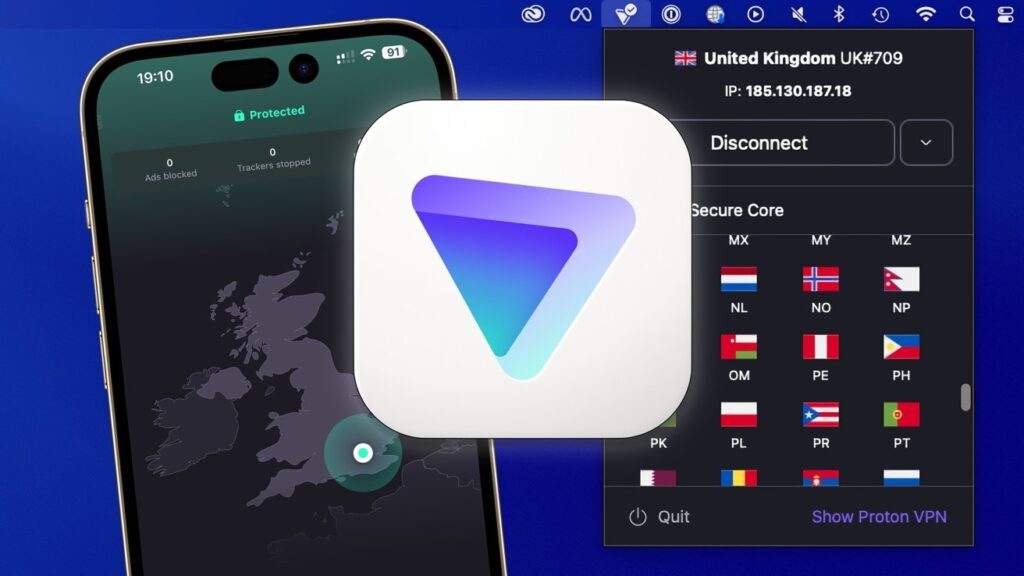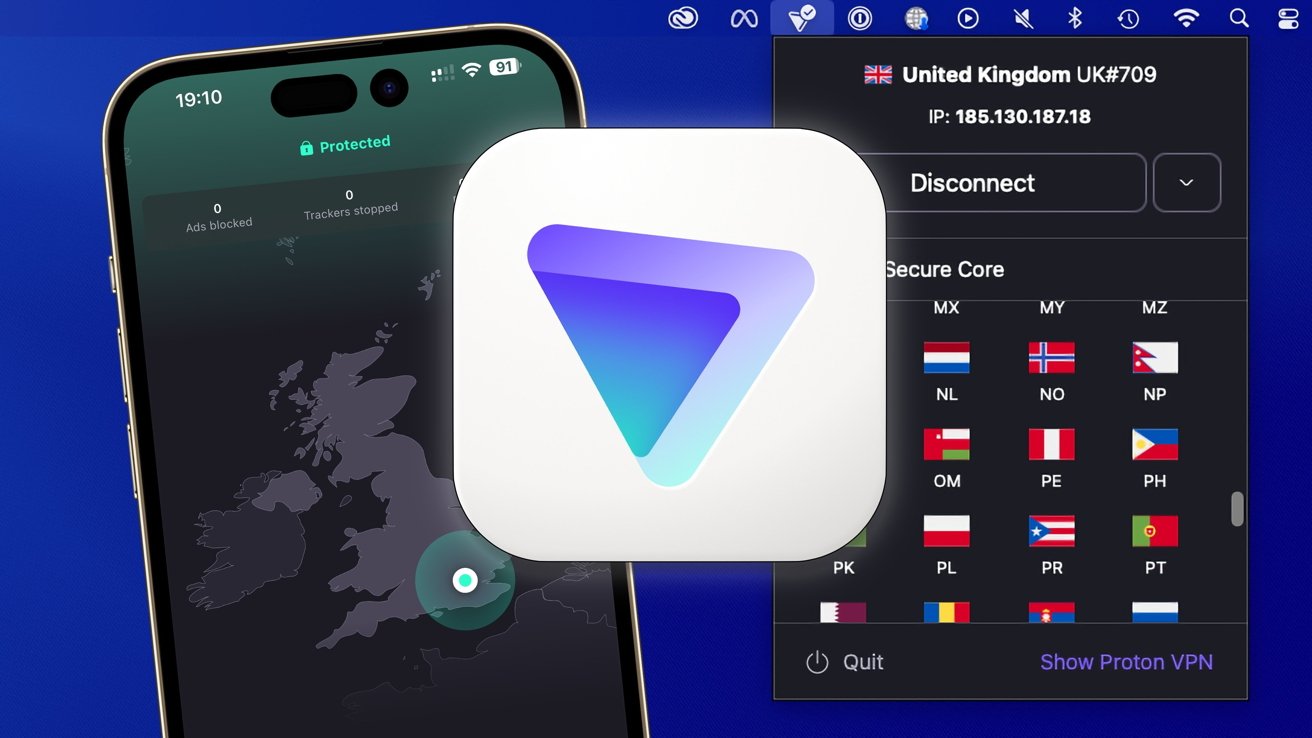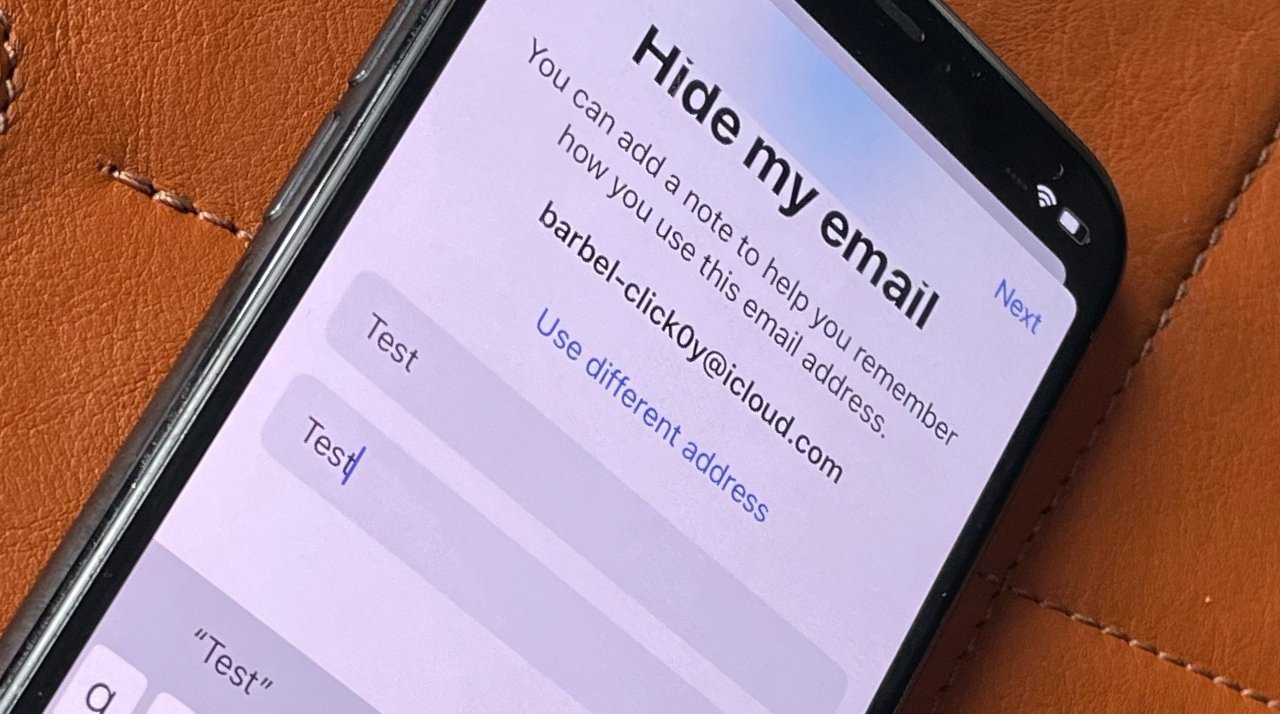
Proton lawsuit targets Apple

Apple is facing fresh legal heat from privacy company Proton, which wants to break open the iPhone’s closed App Store.
Swiss privacy technology company Proton has filed a federal antitrust lawsuit against Apple in California, claiming Apple maintains an unlawful monopoly over app distribution and payment processing. It cites harm to developers and consumers.
The proposed class action, filed in Oakland, alleges Apple forces developers to distribute apps only through its App Store. It also claims Apple imposes mandatory payment processing and extracts commissions of up to 30%.
Apple has not yet publicly responded to the lawsuit, and it is not likely to do so soon.
Proton’s complaint cites broad anti-competitive strategy
Proton’s 73-page complaint outlines what it calls a systematic strategy by Apple to lock in consumers and developers. It says Apple designs iOS so that only its App Store can distribute apps, shutting out potential competitors.
The filing says Apple uses technical limits, contracts, and updates to block rival app stores. It also accuses the company of keeping exclusive control over in-app payments and charging high fees even when developers offer alternatives.
Proton claims Apple’s conduct harms developers with high commissions and users with higher prices and fewer innovations. It seeks court orders for Apple to allow competing app stores and payment processors on iOS and monetary damages for affected developers.
Proton describes itself as Apple’s direct competitor
Based in Geneva, Proton develops privacy-focused software like Proton Mail, Proton Calendar, Proton VPN, and Proton Drive. The complaint says these services directly compete with Apple’s own offerings such as Apple Mail and iCloud.
Proton claims that its services offer superior privacy guarantees compared to Apple’s offerings. According to the filing, the company serves over 100 million user accounts in more than 180 countries.
The company argues that Apple’s App Store rules harm its ability to compete fairly, citing delays, opaque approval guidelines, and fees that reduce its profits. It claims that developers have no choice but to accept Apple’s terms because there is no other way to reach iOS users.
Proton further alleges that Apple’s recent policy changes allowing limited steering to alternative payment methods are cosmetic and preserve Apple’s control. Technical barriers and complex rules make it difficult for developers to guide users to other payment options.
Even when steering is technically allowed, Apple still charges high commissions, which Proton argues makes alternatives practically worthless and maintains its dominance over in-app purchases.
Context of global antitrust scrutiny
Proton’s lawsuit joins a wave of global legal challenges to Apple’s App Store policies. The U.S. Justice Department and fifteen state attorneys general have sued Apple for allegedly monopolizing the smartphone market.
Apple has denied those allegations and moved to dismiss the case.
In Europe, Apple was fined $1.94 billion (1.8 billion) by the European Commission for abusing its dominant position. Regulators in South Korea, the United Kingdom, Germany, France, and India have all launched investigations or taken enforcement actions targeting Apple’s App Store practices.
Proton’s complaint describes these regulatory actions as evidence that Apple’s conduct is widely recognized as anti-competitive.
Apple’s market power under the microscope
The lawsuit argues Apple has used its dominant smartphone market share in the U.S., over 50% by various measures, to reinforce control over two aftermarkets. These aftermarkets include app distribution and in-app payment processing.

Proton claims that its services offer superior privacy guarantees compared to Apple’s offerings
Proton claims Apple’s strategy depends on high switching costs for consumers, such as users’ reliance on iCloud and familiar apps. The complaint cites Apple’s own internal discussions about locking users into its ecosystem and restricting cross-platform apps or “super apps” that could reduce dependence on iOS.
Proton also challenges Apple’s justifications for controlling app distribution. It argues that other companies, like Google, allow competing app stores on their mobile platforms.
The lawsuit notes that Apple itself permits looser rules on macOS and in limited cases such as the WeChat mini-programs in China. WeChat is commonly referred to as a super app.
Legal details and requested relief
Filed in the Northern District of California (case number 4:25-cv-05450), the class action is led by law firms Quinn Emanuel Urquhart & Sullivan and Cohen Milstein Sellers & Toll.
Proton seeks an injunction that would require Apple to open iOS to rival app stores and payment services. It also demands monetary compensation for what it calls excessive commissions and the broader competitive harm imposed on developers.
The company says it wants to restore competition, lower prices, and improve user choice. It argues that Apple’s current practices suppress innovation and maintain artificially high profits at the expense of the broader market.




